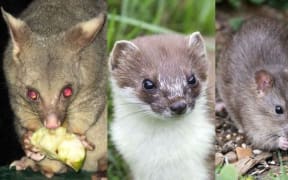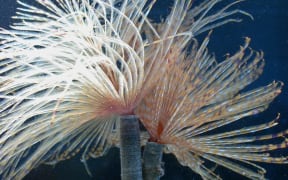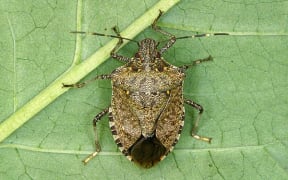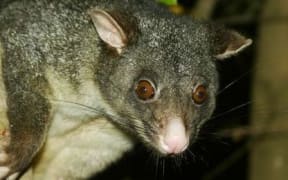There are almost two new pest invasions every day somewhere around the world, a new study has revealed.
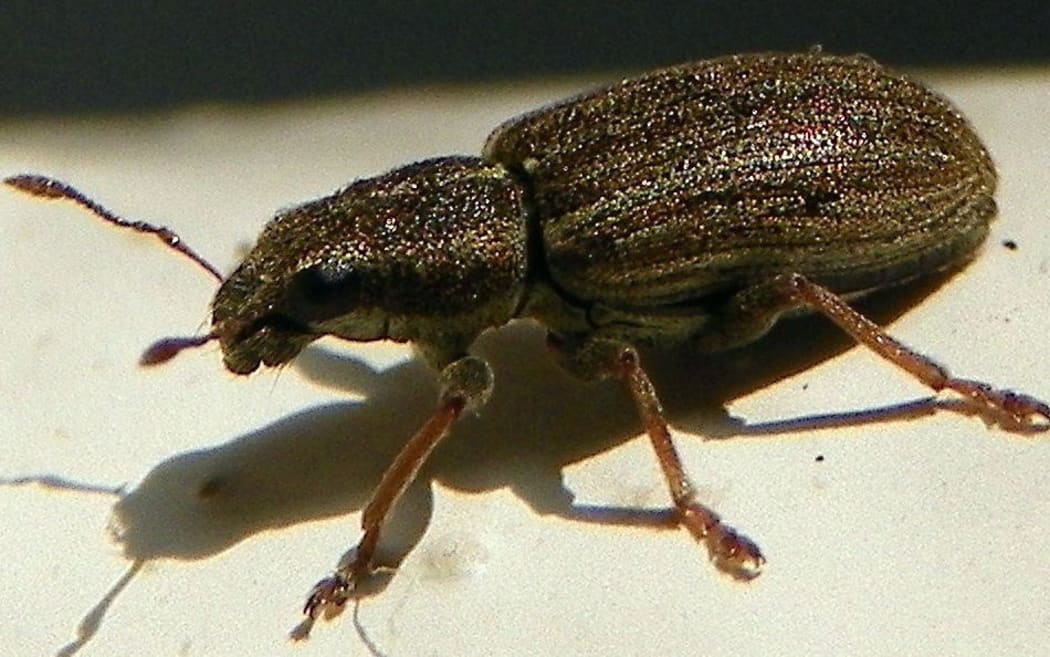
The Pea Weevil (Sitona lineatus) is a pest that has caused problems for New Zealand farmers. Photo: Creative Commons Attribution-Share Alike 2.0 Generic / AnemoneProjectors
A group of 45 international scientists gathered more than 45,000 records of 17,000 different species and have linked the rise in pests to human activities, particularly the expansion of agriculture, horticulture and global trade.
Philip Hulme is a professor of plant biosecurity at Lincoln University's Bio-Protection Centre and is the senior author of the study.
Professor Hulme said he was dismayed to discover that invasive species had been increasing over the past 200 years and showed no sign of slowing down.
"Biosecurity is top priority in New Zealand so I was quite depressed by it. The silver lining in the cloud is that New Zealand seems to be doing better than any other part of the world, but that doesn't actually bode well for the future."
It was concerning because scientists had hoped that since the 1990's the attempts to have international regulations to prevent or limit the spread of pests, in particular agricultural pests, would have made a difference, said Professor Hulme.
"But it seems they've only had marginal impacts and what this means is that we're still facing the kind of problems that we should have resolved 10 or 20 years ago."
While new species can boost diversity in an area, they can also have detrimental impacts on the native ecosystem, economy, environment and human health. In some cases, they can even bring about the extinction of native species.
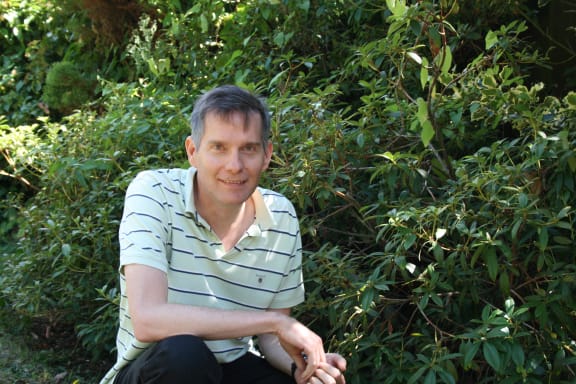
Professor Philip Hulme. Photo: Supplied
Professor Hulme said a big barrier to moving forward was that many countries didn't keep thorough records of pest incursions.
"It depends on individual countries reporting that they have a pest. Many countries do do this through their plant protection authorities, but if it is a trade related issue some countries can be somewhat reticent to report an incursion because it'll have trade impacts.
"There might be a delay, in which case New Zealand doesn't know there is a problem until they are opening up a container and there is the organism."
Scientists couldn't assume they knew where every pest was in the world, said Professor Hulme.
"This is particularly true in China where records of the insects there are often in Chinese and the amount of information we can get out of China regarding distribution of pests is fairly limited."
Tourism and business need to focus more on biosecurity
It was becoming clearer that tourism was a huge driver of new pests, said Professor Hulme.
"Currently there is no real management of tourism on a global scale to try and educate people moving around the world that they could be moving pests in their luggage.
"Airlines, tour operators etc - are seemingly less concerned about biosecurity risks than they perhaps should be."
Prof Hulme said New Zealand needed to continue to be vigilant about guarding its borders, and ensure biosecurity was right at the top of the business and tourism agenda.
"As a country with a unique flora and fauna, as well as strong economic dependence of agriculture, it is vital for New Zealand to have stringent and robust biosecurity policies."
He said the study's findings also highlighted the need to improve in national legislation and international agreements to help reduce invasions and keep up with the impacts from increasing globalisation.
"We could start trying to establish a warrant of fitness for containers to ensure they are fit for purpose and not old and decrepit and full of nooks and crannies where pests could establish."
No matter how much New Zealand invested in biosecurity, if its trade partners weren't doing the same then imports would always pose a risk, said Professor Hulme.

